turbounit1
Full Member
- Joined
- Feb 8, 2021
- Messages
- 12
- Reaction score
- 4
Hello first post here. I am currently a senior in undergrad with a less than stellar gpa and I haven't yet taken the DAT currently studying for it but I wanted to ask about Post-Bacc programs and SMP programs that help you get into dental school by helping to raise your stats. Has anyone completed or is currently enrolled in one of these programs? If you have completed it, could you roughly tell about your experience and if it helped you get into dental school? I noticed some of these schools advertise successfull matriculation rates while others don't which is kind of concerning. I also realize that some of these programs are also for students wishing to enroll in other professional schools such as medicine, PA, pharmacy, etc. Also if there are any that I am missing please feel free to share and add them! The programs I have come across are the following:
Boston University - Ma
ster of Science in Oral Health Science
Master of Science in Oral Health Sciences | Graduate Medical Sciences/
Nova Southeastern University - Master of Biomedical Science
Master of Biomedical Sciences
LECOM - Master of Biomedical Science
Master of Medical Science/
Regis University - Master of Medical Science
Biomedical Sciences Master's Degree | Regis University
Loyola Marymount University
Pre-Medical Post-Baccalaureate Program - Loyola Marymount University/
Temple
Postbaccalaureate
University of Pennsylvania
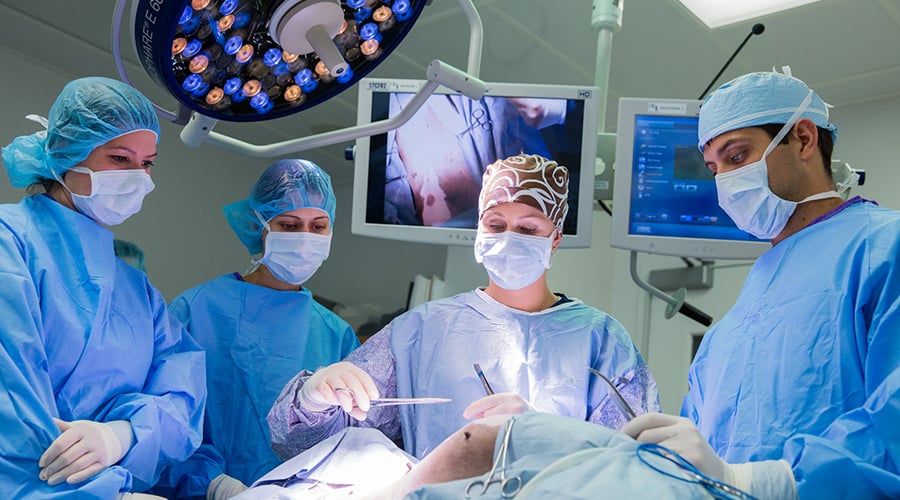
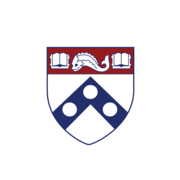 www.lps.upenn.edu
www.lps.upenn.edu
Midwestern AZ

 www.midwestern.edu
www.midwestern.edu
Midwestern IL
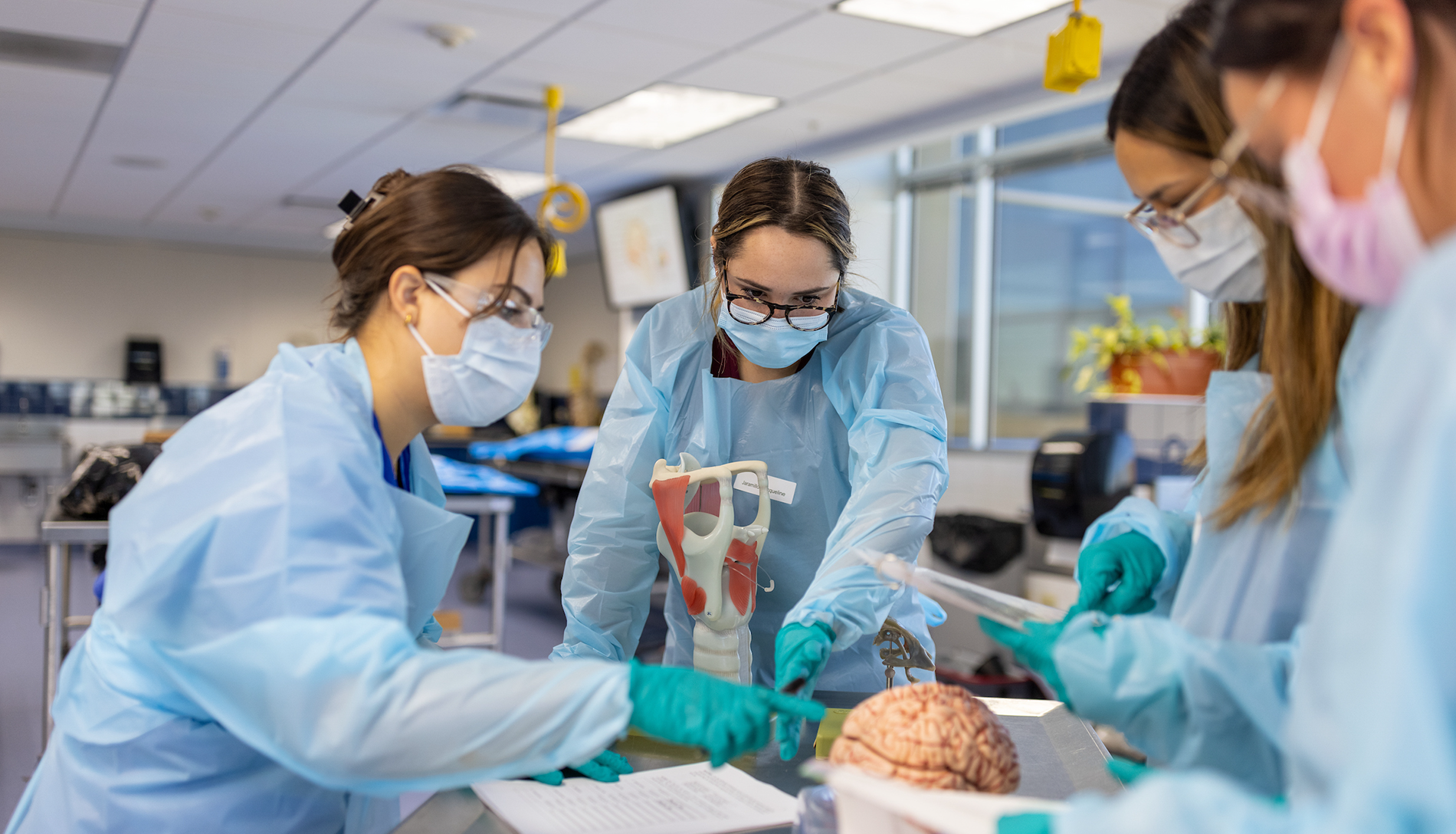
 www.midwestern.edu
www.midwestern.edu
Tufts
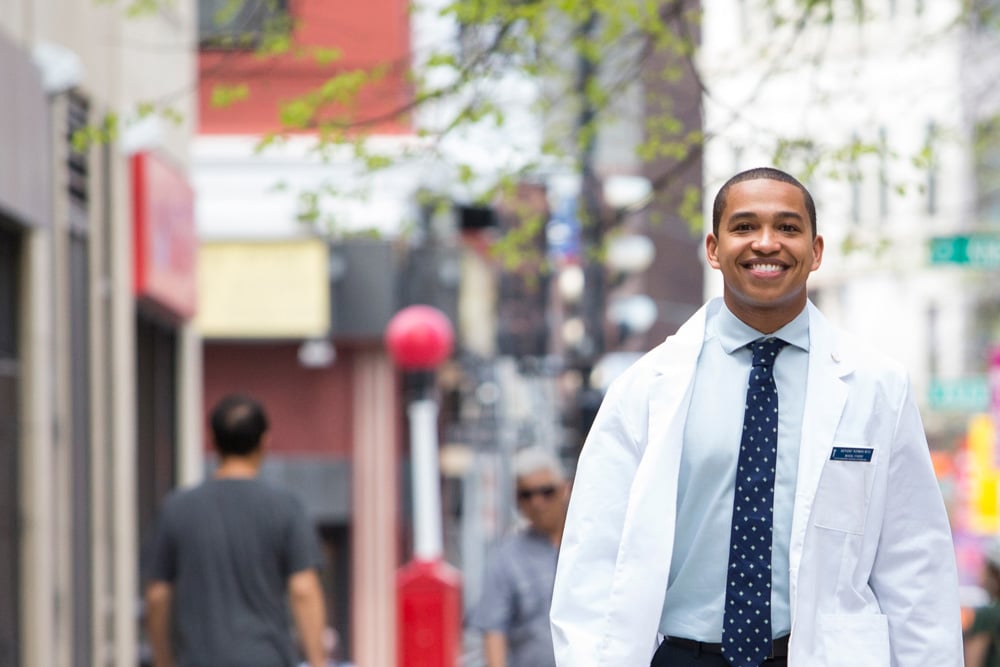
 medicine.tufts.edu
medicine.tufts.edu
Barry University
 www.barry.edu
www.barry.edu
Rutgers
 njms.rutgers.edu
njms.rutgers.edu
Scripps College
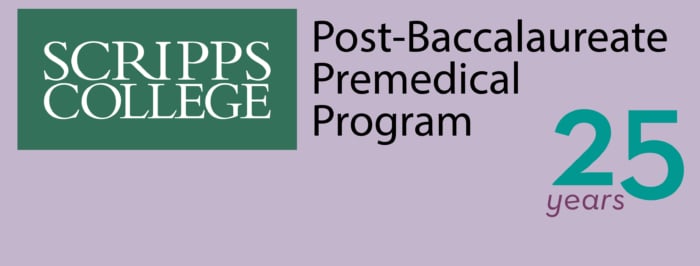
 www.scrippscollege.edu
www.scrippscollege.edu
NYU
Boston University - Ma
ster of Science in Oral Health Science
Master of Science in Oral Health Sciences | Graduate Medical Sciences/
Nova Southeastern University - Master of Biomedical Science
Master of Biomedical Sciences
LECOM - Master of Biomedical Science
Master of Medical Science/
Regis University - Master of Medical Science
Biomedical Sciences Master's Degree | Regis University
Loyola Marymount University
Pre-Medical Post-Baccalaureate Program - Loyola Marymount University/
Temple
Postbaccalaureate
University of Pennsylvania

Pre-Health Programs | Penn LPS
Penn’s Pre-Health Post-Baccalaureate Programs are designed for driven students, like you, who want to distinguish themselves as medical, dental, veterinary or nursing school candidates. We are at the heart of an internationally renowned research university, offering you access to one of the...
Midwestern AZ

Master of Arts in Biomedical Sciences, Glendale Campus
Get ready for graduate-level studies in a variety of healthcare careers through this one-year Master of Arts (M.A.) program in the Biomedical Sciences.
Midwestern IL

Master of Arts in Biomedical Sciences Program, Downers Grove Campus
Get ready for graduate-level studies to prepare for a variety of healthcare careers through this 9-month Master of Arts (M.A.) program in the Biomedical Sciences.
Tufts

MS in Biomedical Sciences | Tufts University School of Medicine
Earn an MS in Biomedical Sciences from Tufts' School of Medicine to improve your academic credentials before applying to medical or dental schools.
Barry University
Biology (BS) Pre-Dental - Department of Biology - College of Arts and Sciences - Barry University, Miami, FL
A Bachelor of Science in Biology, focusing on the pre-professional track, prepares students for acceptance into dental school. Curriculum offers histology and embryology, prerequisites for many dental programs.
Rutgers
Rutgers School of Graduate Studies - Newark
Scripps College

Postbaccalaureate Premedical Program | Scripps College in Claremont, California
Interested in a career in medicine? Learn more about the Scripps College postbaccalaureate premedical program.
NYU
